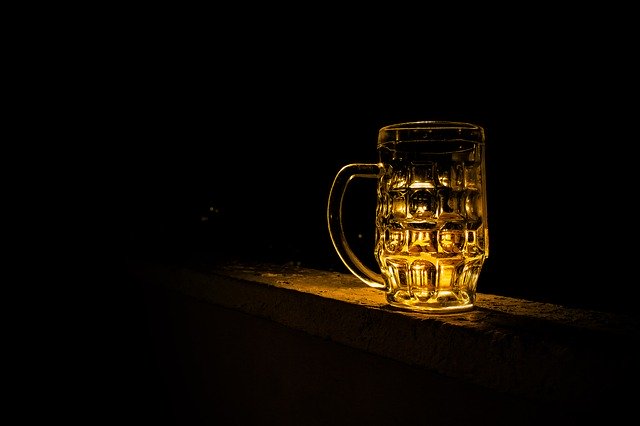One of South Africa’s biggest liquor producers, Distell, has been engaging with government on the ongoing alcohol ban. The company produces popular alcoholic beverages such as Savanna, Hunter’s and Nederburg wines. It has been engaging with government through the National Economic Development and Labour Council (Nedlac).
“While we feel that saving livelihoods and lives need not be mutually exclusive, working together with government to find ways to safely open trade and while taking extreme caution around the spread of the virus,” company representatives said to BusinessTech. “We have been engaging government via Nedlac, and we trust that the process will yield the kind of outcome that both suits the safe re-opening up of trade and safety around COVID-19.”
Speaking to BusinessDay, liquor industry representatives said that they will no longer proceed with legal action, but rather engage in talks with government.
“Legal action is something of a last resort and we are not considering it right now. There is a conversation with the government and we are discussing alternatives so there will be no need for legal action,” said South African Breweries chief executive, Ricardo Moreira.
The ban on alcohol has deeply affected the liquor and winemaking industries in South Africa. South African Breweries (SAB) has stopped plans to spend R5-billion on plant upgrades. Meanwhile, Consol – who is a glass manufacturer – has also announced it will forgo building a R1.5-billion production plant in South Africa. Heineken has also suspended the building of a R6-billion brewery.
“Our appeal to all South Africans is to continue to be vigilant around their response to the pandemic,” Distell said. “Now more than ever before in our history we have a responsibility to work together to flatten the curve such that we can protect lives and livelihoods.”
“We have to ask whether an outright ban on alcohol sales can be justified when the damage outweighs the benefits and there are smarter ways to achieve the same objectives,” says Distell Chief Executive Richard Rushton.
“The alcohol industry has already lost 118 000 jobs and projections show that a nine-week ban now will cost another 84 000 livelihoods and R15.5-billion in GDP. The long-term damage will be immense – wine farms, restaurants, glass container manufacturers and taverners are all bleeding and many will not survive.
“I fear the impact this will have on the prospects of an economic recovery for SA, but more importantly, the ability of people who lose their jobs to feed their families,” he concluded.
Also read: Liquor industry urges government to prepare to lift alcohol ban
Picture: Pixabay

